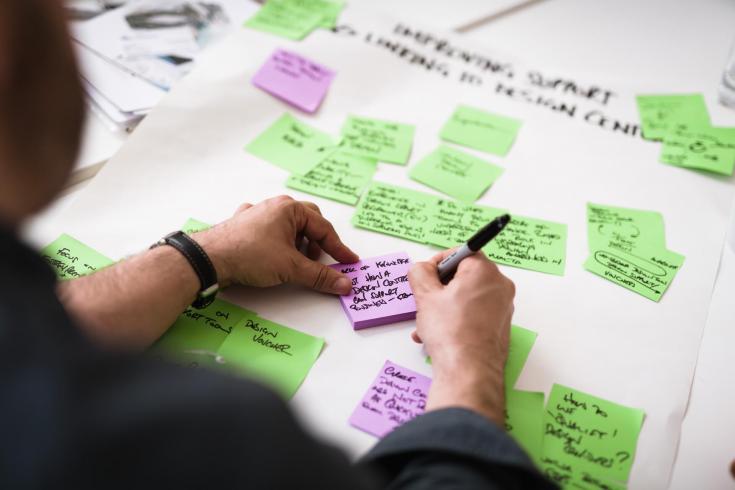Upper Silesia matchmaking follow-up report

On 13 September the Policy Learning Platform organised an online matchmaking for the Upper Silesian Agency for Enterpreneurship and Development (GAPR) in Poland. The topic of the session was on how to improve innovation capacities of SMEs in Upper Silesia by increasing the flow of knowledge from Silesian universities and research units towards regional SMEs.
Matchmaking objectives
GAPR was looking for advice in setting up support measures and services that would boost SME and
university/R&D collaboration and, in turn, would help to promote, commercialise, and internationalise innovative ideas.
They had identified a number of barriers (low innovation, dialogue problems, etc.) that hindered or even prevented the transfer of knowledge to business, especially SMEs, in their region. They wanted to apply the advice from the matchmaking session in a project focused on the promotion, commercialisation and internationalisation of the Healthcare and Welfare industry. In the long run, they were also seeking to develop new procedures for other industries such as industrial automation, IT, environmental protection, and others.
Takeaways
- In Ireland´s Technology Gateways experience the term “engineers-scientists” has worked better than “researchers” when approaching SMEs.
- Innovation Vouchers could be also considered for individuals if the purpose is to encourage entrepreneurship.
- Innovation support services have a proven track record in increasing turnover, export sales and FTE.
- Creating a digital platform for the voucher scheme helps to minimize manual work and makes the scheme more efficient, as was proven by Tampere Innovation Voucher.
- To minimize administrative costs, it is advisable to make the selection process / granting of vouchers by applying order or by lottery.
- Commercialization funding is crucial for success. There is gap between an idea and reaching the market. Some intermediary organization needs to carry the initial risk.
- An intermediary between science and business, such as the Helsinki Innovation Services, works as an “interpreter” for both sides. Such an interpreter is important for solving dialogue problems.
- For a university affiliated innovation centre, there are two important elements for success.
- University management needs to be supportive and committed.
- At the same time, the organisation should be independent from broader university bureaucracy to remain agile.
Explore all the key takeaways and the peers' recommendations in the follow-up report.
Some key practices identified
Interreg Europe projects and their good practices:
- DEVISE: Technology Gateways.
- InnoBridge: Tampere Region Innovation Voucher.
- BRIDGES: Spin-out and entrepreneurial process of Helsinki Innovation Services.
Several relevant good practices on voucher can also be found in the policy brief “
”.
